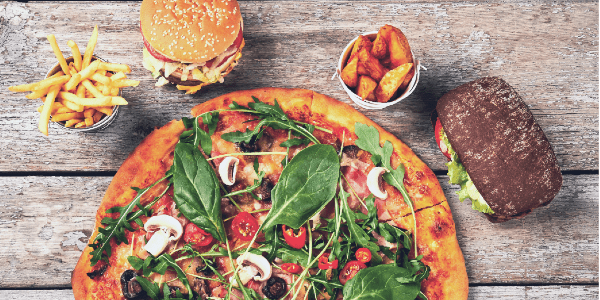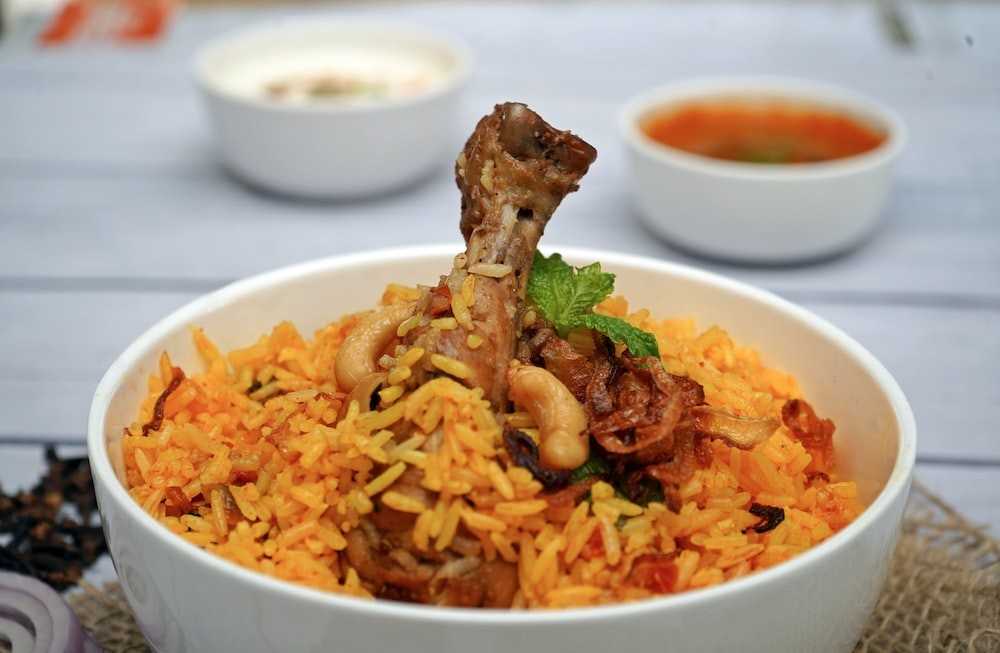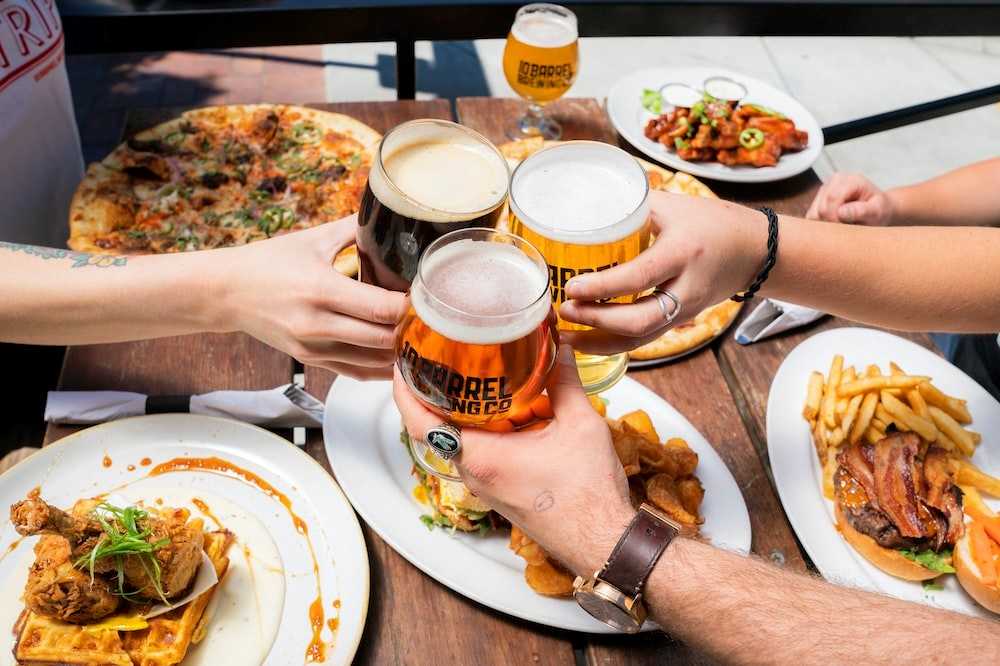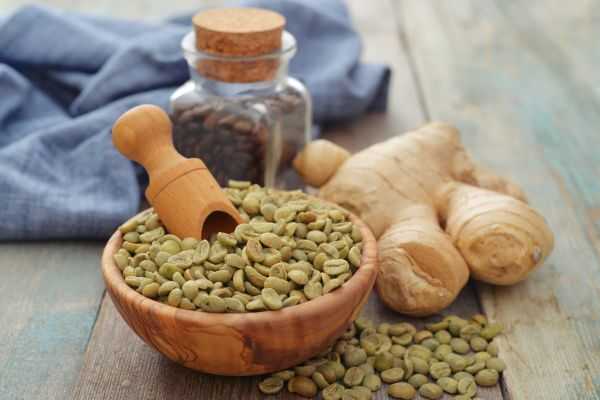How important is a cheat meal/day?
Is it cheating in a meal or for the entire day?
Is eating a cheat meal harmful?
Is it ok once or twice a week?
Well, we will in detail discuss the concept of cheat meal/day, its pros and cons and why top sportsmen don’t do cheat meals.

Watching what you are eating is surely important. And as I always say, being observant and more informed about your food choices is not a short term activity, but a habit for life. But believe me it’s fine to let your hair down occasionally, and its actually beneficial to you.
We will also learn, why I don’t use the word ‘cheat day’, but ‘Deserve Day’.
Before we move forward lets understand the basic meaning of cheating in terms of food. Cheating in nutrition, in simple terms is eating a much larger quantity of food, and not caring much about quality, for a one or more meals in a particular day of the week.
A 2017 study, analysed 1.6 million images marked with the #cheatmeal tag on Instagram. Analysis of the volume and type of food revealed the presence of very large quantities of calorie-dense foods that was rated to qualify as an objective binge episode. Photographic content of people commonly portrayed highly-muscular bodies in the act of intentional body exposure. Meanwhile, textual content exemplified the idealization of overconsumption, a strict commitment to fitness, and a reward-based framework around diet and fitness.
Thus the researchers defined cheat meal as a goal-oriented dietary practice in the pursuit of physique-ideals, thus underscoring the potential clinical repercussions of this socially-endorsed dietary phenomenon.
Thus, before we understand more about the phenomena of cheating, one thing needs to be clear, i.e. for e.g. if we take cheating in context of the exams, we can only cheat when we have an exam. You cannot cheat without an exam. Similarly, you can only cheat in your eating patterns, when you are really adhering to a strict planned way of eating. You actually give yourself a small & temporary permission to break those strict diet rules, and allow yourself brief period of indulgence.
CHEAT MEALS HELPS REGULATE HORMONES
The two major appetite hormones in our body are leptin & ghrelin. Leptin is a hormone which suppresses hunger & signals fullness & satiety, whereas ghrelin, stimulates hunger. So, ghrelin levels are high when you are hungry or before a meal, and leptin levels will fall post meal.

A 2000 study, determined the effects of excess carbohydrate or fat intake on leptin concentrations and energy expenditure. Researchers studied 10 healthy lean females, and fed them (a) a 3 day isoenergetic diet; (b) 3 day carbohydrate overfeeding; and (c) 3 day fat overfeeding.
Researchers found that, carbohydrate overfeeding increased plasma leptin concentrations by 28%, and 24h energy expenditure by 7%.
On the other hand, a 2001 study, determined whether circulating ghrelin levels are elevated before the consumption of individual meals in humans. Researchers found that, plasma ghrelin levels increased nearly twofold immediately before each meal and fell to base levels within 1h after eating.
Now if someone is continuously on a strict diet, which mostly is a low calorie diet, his/her leptin levels are always low & ghrelin levels high. And a cheat meal helps in balancing these hormones.
CHEAT DAY IS ACTUALLY GOOD
Rewards motivate you. A 2014 systematic review study, found that, certain types of financial incentives for dietary behaviour change may be appropriate for addressing the epidemic of obesity and healthful dietary behaviour when properly administered.
Cheat meal is another form of reward. For people living a disciplined life by maintaining their food intake both in terms of quality & quantity, regular proper workouts, good sleep etc. setting in of monotony is common. This may eventually lead to boredom and demotivation. A small and insignificant reward like a cheat meal can be quite motivating, and help maintain the discipline in the long run.

A 2016 study, tested the idea that goal-pursuit that requires extended inhibition of desires, such as weight loss and financial saving, can benefit from including planned deviations in the goal-striving plan. Two controlled experiments (simulated and real dieting) demonstrate that including planned goal deviations during extended goal striving, compared with following a straight and rigid goal striving process, (1) helps regain self-regulatory resources, (2) helps maintain consumers’ motivation to pursue with regulatory tasks, and (3) has a positive impact on affect experienced, which all contribute to facilitate long-term goal-adherence. This reveals that it may be beneficial for long-term goal-success to occasionally be bad, as long it is planned.
A 2018 study, assessed the clinical significance of cheat meal in 248 men & women. Findings revealed that over 89% of participants engaged in cheat meal consumption that was either planned or spontaneous, with planned cheat meals being predominantly aimed at managing food cravings and sustaining strict dietary regimens. Also, cheat meals were not associated with psychological distress or clinical impairment for either gender.
Another 2018 study, examined whether intermittent energy restriction (ER) improved weight loss efficiency compared with continuous ER. 51 obese men were divided Into two groups. The first group stuck to a strict meal plan, while the other took intermittent breaks from the diet. Researchers found that, after 4 months, the intermittent dieting group, dropped more fat and weight, and also gained less weight, post the trial.
CHEAT DAY CAN IMPROVE WORKOUT PERFORMANCE
Cheat days can actually help you boost up your workout intensity and volume. This is especially true, if you are on a low carbohydrate diet. A carb rich cheat meal, can replenish your liver glycogen levels, which may have been depleted due to a combination of low carb diet and high intensity workouts, throughout the week.

LET’S CALL ‘CHEAT DAY’ AS A ‘DESERVE DAY’
The word ‘cheat’ connotates a negative feeling. It sounds as if you have done something wrong. Whereas, you have worked hard to earn that meal, and you have earned it. So it should ideally be addressed as the ‘deserve meal/day’.
The reason here is to stop assigning the word ‘good’ or ‘bad’ to food as such. This are very strong emotions, which can trigger an emotion of guilt and demotivate the person to an extent that he/she gets astray from his path.

A 2014 study, found that, food and eating are often associated with ambivalent feelings: pleasure and enjoyment, but also worry and guilt. Guilt has the potential to motivate behaviour change, but may also lead to feelings of helplessness and loss of control.
The study firstly examined whether an association of either ‘guilt’ or ‘celebration’ with a forbidden food item (chocolate cake) was related to differences in attitudes, perceived behavioural control, and intentions in relation to healthy eating, and secondly whether the association was related to weight change over an 18 month period.
Researchers found that, participants associating chocolate cake with guilt did not report more positive attitudes or stronger intentions to eat healthy than did those associating chocolate cake with celebration. Instead, they reported lower levels of perceived behavioural control over eating and were less successful at maintaining their weight over an 18 month period. Participants with a weight-loss goal who associated chocolate cake with guilt were less successful at losing weight over a 3 month period compared to those associating chocolate cake with celebration.
ITS CHEATING, NOT STEALING
People are often looking for the clarity on the point that if we go overboard on a day in any particular meal, then should it be limited to just one meal on that day, or multiple meals, as in the entire day is a cheat day, instead of one cheat meal?
Firstly, the word we use is ‘cheat’, not ‘steal’ or ‘dacoity’. This means, that there has to be a line drawn as to how much you need to eat when you cheat. The answer is one meal, and for most people, that’s the limit. Especially the ones who have a long target to achieve.

On the other hand, this one meal can turn into two or the entire day, depending on few different situations. For e.g. an off season bodybuilder or an athlete, who is working out multiple times a day, and controlling his/her diet the entire week, can afford to eat a couple more meals on the cheat day, just by the virtue of the fact, that it’s the off-season, and the practice is hard enough to burn it off.
So, for almost everyone, one meal a week is what would be enough to be termed as a cheat/deserve meal. For pro sportsmen, only in off-season, more cheat meals can be taken in a particular day, but then it should be limited to just one day in a week.
Going over the above recommendations, generally means, you are going off track, and you need to focus on getting back the discipline.
HOW MUCH TO EAT IN A CHEAT MEAL?
Should you care about how much to eat in a cheat meal?
The answer from my analysis is, No!
Well a lot of nutritionists and fitness coaches would also limit you to eat only a particular amount of food and calculate your calories for this too. I don’t support this theory at all.

When you have already chosen the frequency of cheating to be just one meal a week, then why are you worried about how much you would eat. This is simply because of the question, how much can you really eat in a cheat meal?
Well, bingeing and eating junk also has a limit based on your hunger and satiation levels. If you gobble up more than you can need, and overfill yourself, automatically, you won’t be very hungry for the next meal, and may even skip a meal, which I have seen a lot of people do when they eat tons of food in a go.
Your body has a set point or homeostasis to maintain. You simply cannot overeat in just one meal a week. But this may be an issue with a cheat day, where you plan to have multiple meals outside, being a sportsmen in an offseason. But that’s more to do with health, which we will discuss a bit later.
WHY SOME ATHLETES NEVER CHEAT?
A lot of times in the media, we hear or read about world champion athletes, that they were on an extremely strict diet for over an year, and haven’t touched a gram of sugar, forget about eating from outside.
Well, this can be extremely motivating for some and demotivating for others, who are beginning their journey of transformation. But let’s get the practicality behind this extremely stringent practice. Because, the question which comes is that, do we have to be so regimental to get results, or how can someone have so much self-control?

Well the answer for most of you, i.e. over 99% of you, lies somewhere in the middle. Firstly, this amount of stringency is only related to top class advance level athletes. For everyone else, cheat meals, as we saw above, are a welcome addition and actually beneficial both physiologically and psychologically.
But, when it comes to athletes of such stature, the reason they don’t cheat, or can’t afford to do so is for two reasons:
- For an athlete, wins in his/her career, is the ultimate aim. It’s the win which gives him the much needed financial freedom and desired respect and fame. For that the amount of sacrifice needed is tremendous and beyond the logical understanding of most people. That’s why there is a separate subject of sports psychology.
Now, the problem with cheat meals with them is not that having a cheat meal, once in a week, especially with their inhuman amount of practice, will do them any physical harm. But, they can’t afford the other risks involved with it. For e.g. the biggest risk of eating junk is getting sickness, which can be anything from basic digestive issues, fever, cold & cough etc. to serious issues like food poisoning.
Now, any form of illness, may not be that a big issue for most of the people. But for a sportsman, it’s a matter of life and death. They can’t simply afford to lose the precious and often limited time they have in hand, in the treatment of an sudden illness. That’s why the coaches and the athletes completely avoid junk, to be on a safer side.
2. It’s more to do with mental strength than to do with physical issues. The reason, athletes and soldiers train so hard, every day of the year, is to build that mental toughness and strength which is needed to face the opponent/enemy.
The discipline in these two professions is the same. The reason is the toughest of the situations they face and the mental strength to not just face those situations but also to perform at their peak, under so much pressure.
Chatting with opposite sex, watching movies, eating outside etc. are therefore considered distractions in sports. That’s the reason, the coaches make sure, that their sole focus is their training and forging their bodies for the rigours of competitions.
That’s the reason we need to understand or comprehend, when we listen to a world champion talking about extreme stringency in his eating patterns or his lifestyle.



